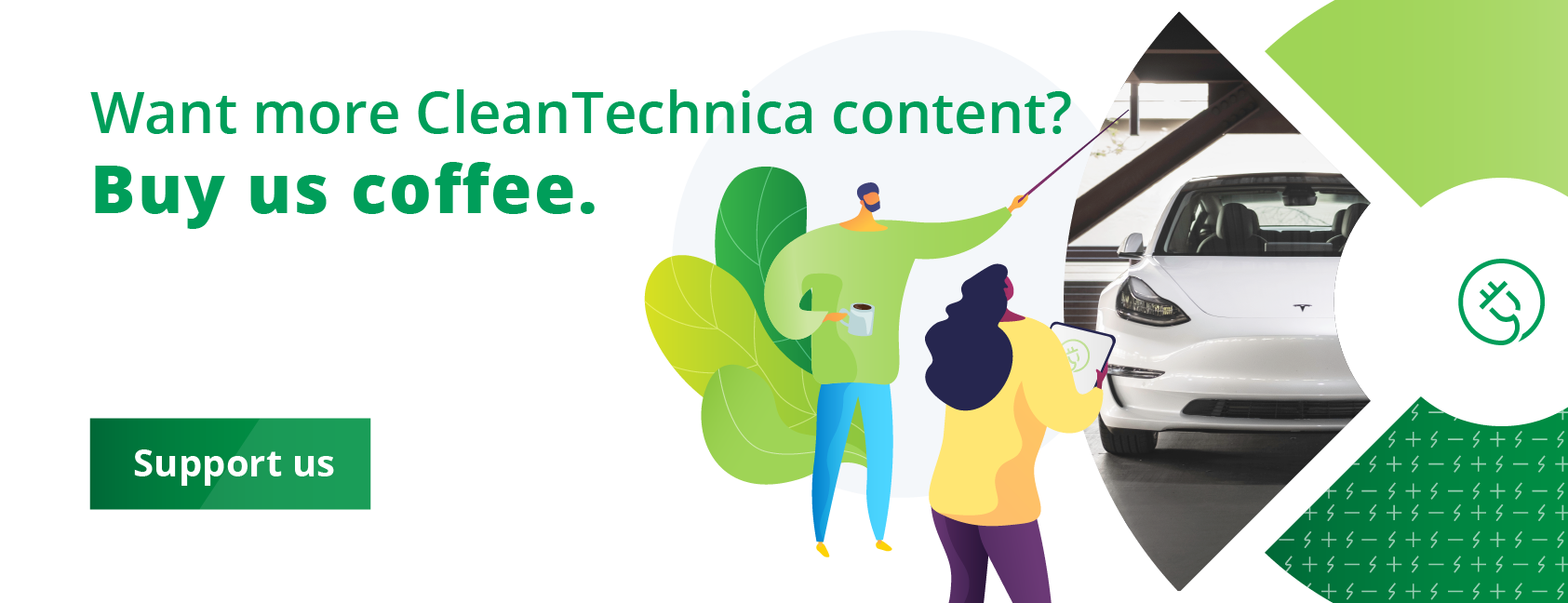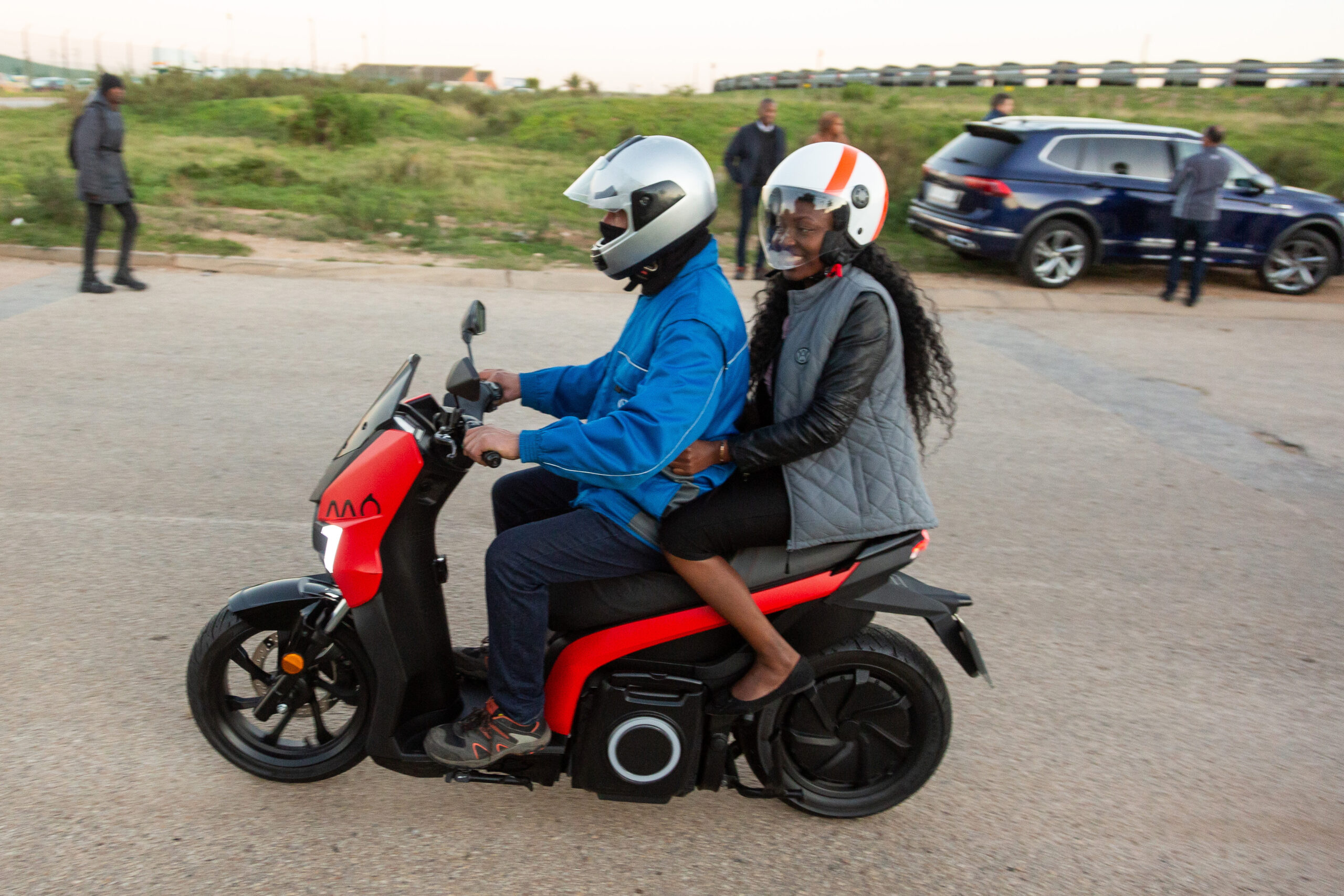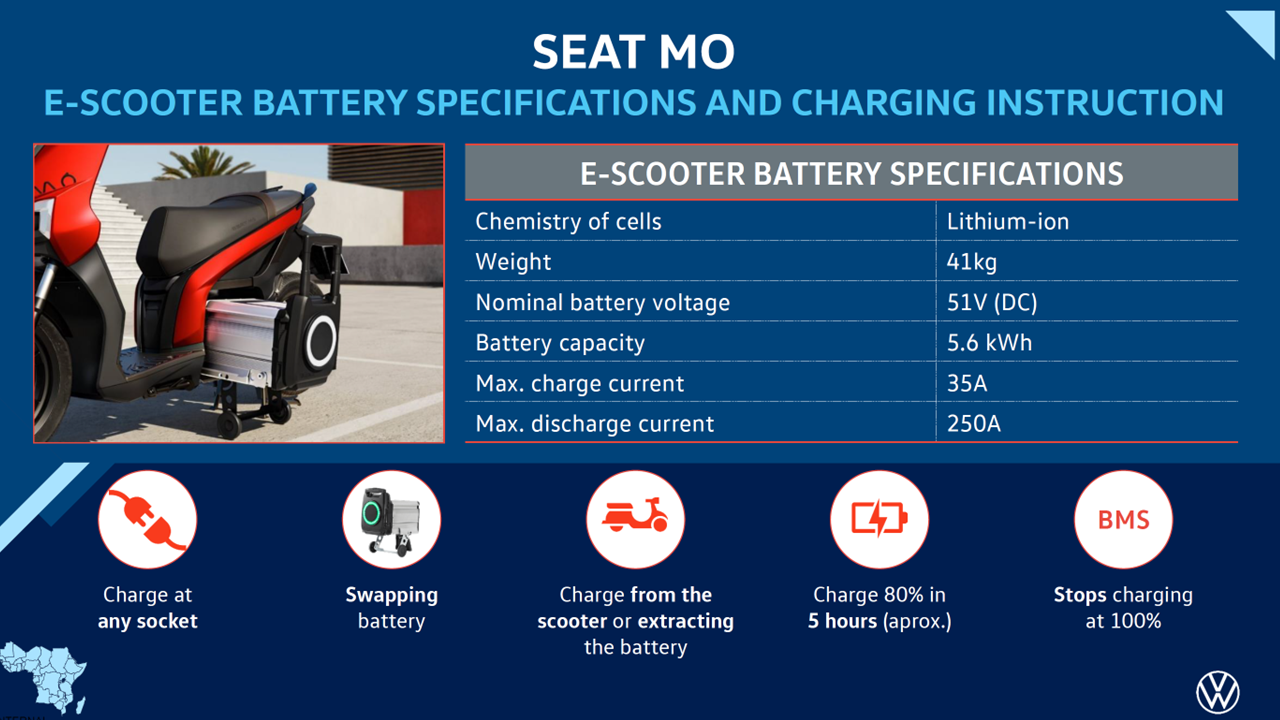
Two-wheelers are a big deal in a lot of African countries for various applications including for personal mobility, as motorcycle taxis, as well as the growing demand in the last mile delivery sector. The ride-share market as well as the leisure and tourism sectors are also areas with potential in a lot of African countries.
Some examples of markets with a lot of traction in the scooter segment for personal mobility are Morocco and South Africa. In Morocco, there are over two million scooters which are used predominantly for personal mobility. These are mostly still internal combustion engine scooters. However, companies like E-Moto Morocco have been working hard over the past 4 years to raise awareness on electric scooters. In South Africa, scooters are quite popular with university students and early career professionals.
In East, Central, and West Africa, the larger motorcycles are a really big deal, with estimates putting the current population at over 27 million ICE motorbikes registered across Africa, with around 80% of them used in the motorcycle taxi industry. Many operators in this industry face rising costs and dwindling profits due to high operational costs associated with frequent oil changes and maintenance services for internal combustion engine motorbikes, as well as the ever-increasing cost of petrol. This has resulted in a lot of attention being given to solutions for the electrification of the motorcycle taxi industry on the continent. Estimate projections also say that 2-wheelers are expected to make up to 57% of the total vehicle population on the African continent by 2040. EV adoption is expected to be a key driver for 2-wheeler growth in Africa, coupled with decentralized renewable energy generation from distributed solar, small hydro, and other renewables.
As part of its “Electrify Africa Strategy,” Volkswagen Group South Africa (VWSA) has started evaluating some electric scooter products from the Volkswagen Group to see which products and markets to start with, as well as which business models to pursue. One of the products under review and consideration is the SEAT Mo from an existing subsidiary of the VW Group. The SEAT Mo is produced in partnership with Silence.
Some of the areas VWSA is exploring for pilot projects include electrified rural hubs powering sustainable agriculture that will incorporate solar PV, electric tractors, and electric scooters. The first pilot will be in Rwanda. The Memorandum of Understanding for this pilot was signed early this month and the project is set to be commissioned in mid-2024.
Here is a summary of the specs of the SEAT Mo:

More pilots are planned for electric scooters as well as kick scooters, targeting ride-sharing, leisure and tourist applications for tourists and hotels, as well as rental companies, for the wider local population in select markets. Once these proofs of concept are proven, VWSA will then scale them up and replicate them in more markets on the African continent. It is really good to see VW taking all these initiatives. The company has an overall vision to grow its footprint across Africa, and electric mobility is part of this vision.
Images courtesy of VWSA
I don’t like paywalls. You don’t like paywalls. Who likes paywalls? Here at CleanTechnica, we implemented a limited paywall for a while, but it always felt wrong — and it was always tough to decide what we should put behind there. In theory, your most exclusive and best content goes behind a paywall. But then fewer people read it! We just don’t like paywalls, and so we’ve decided to ditch ours. Unfortunately, the media business is still a tough, cut-throat business with tiny margins. It’s a never-ending Olympic challenge to stay above water or even perhaps — gasp — grow. So …








